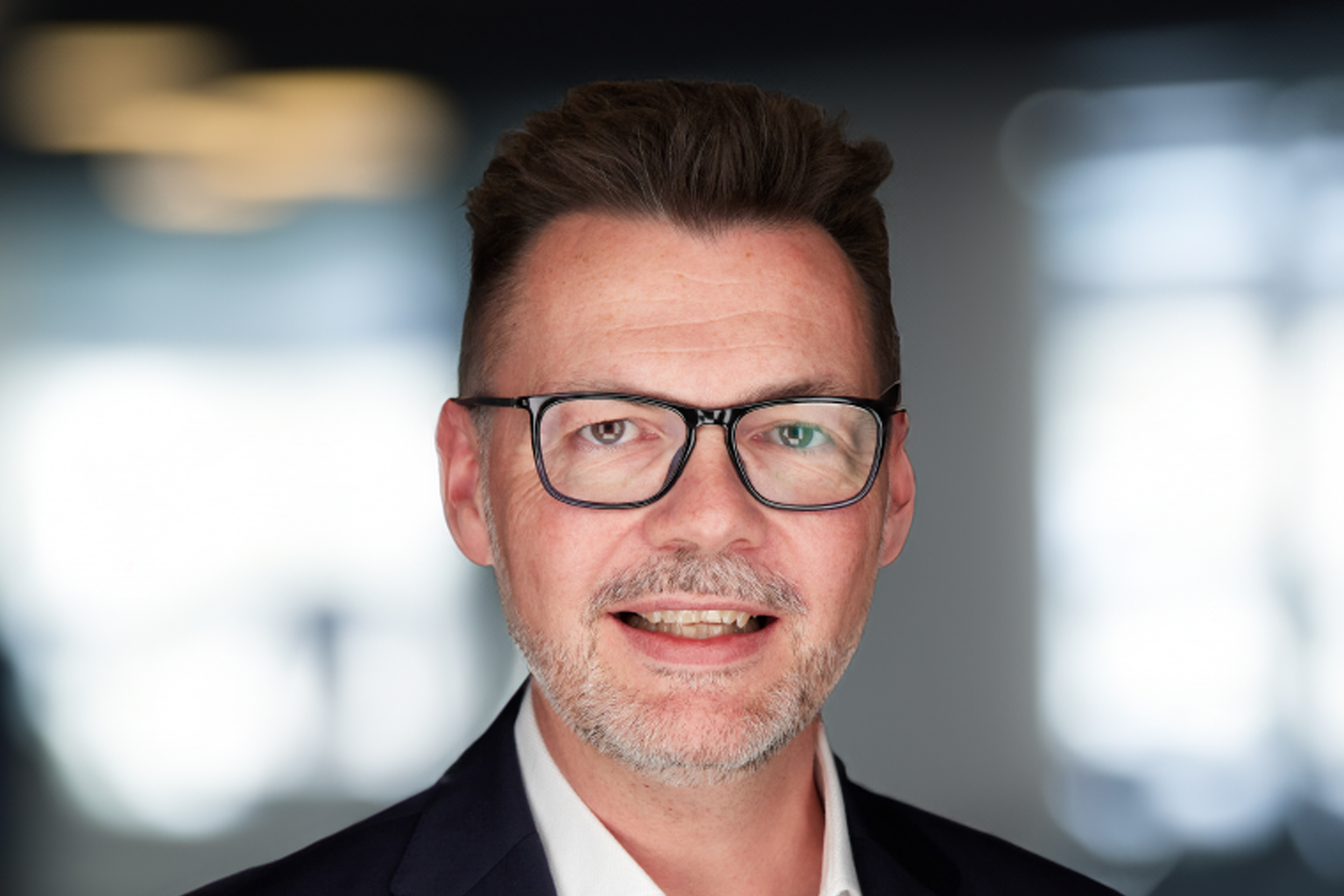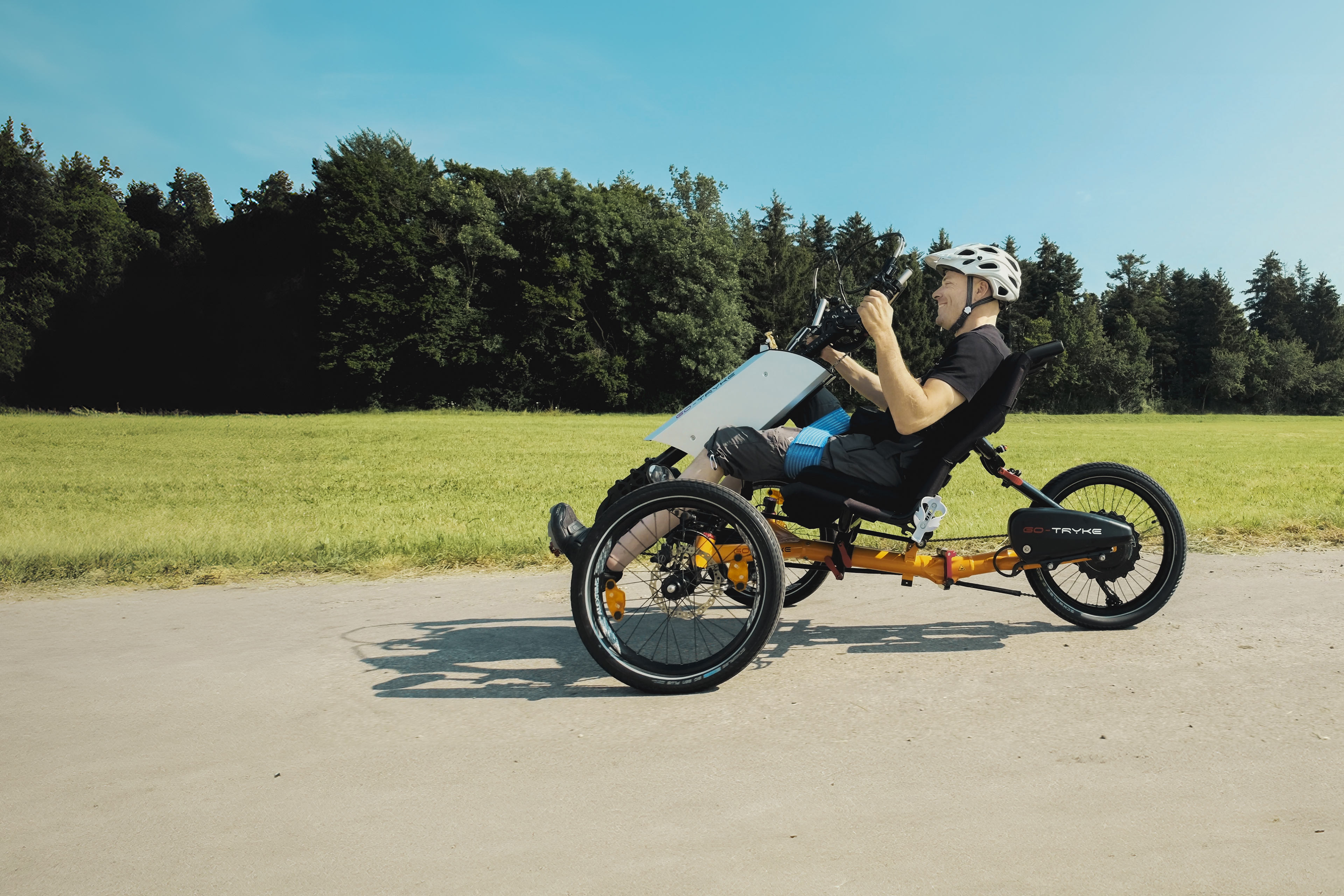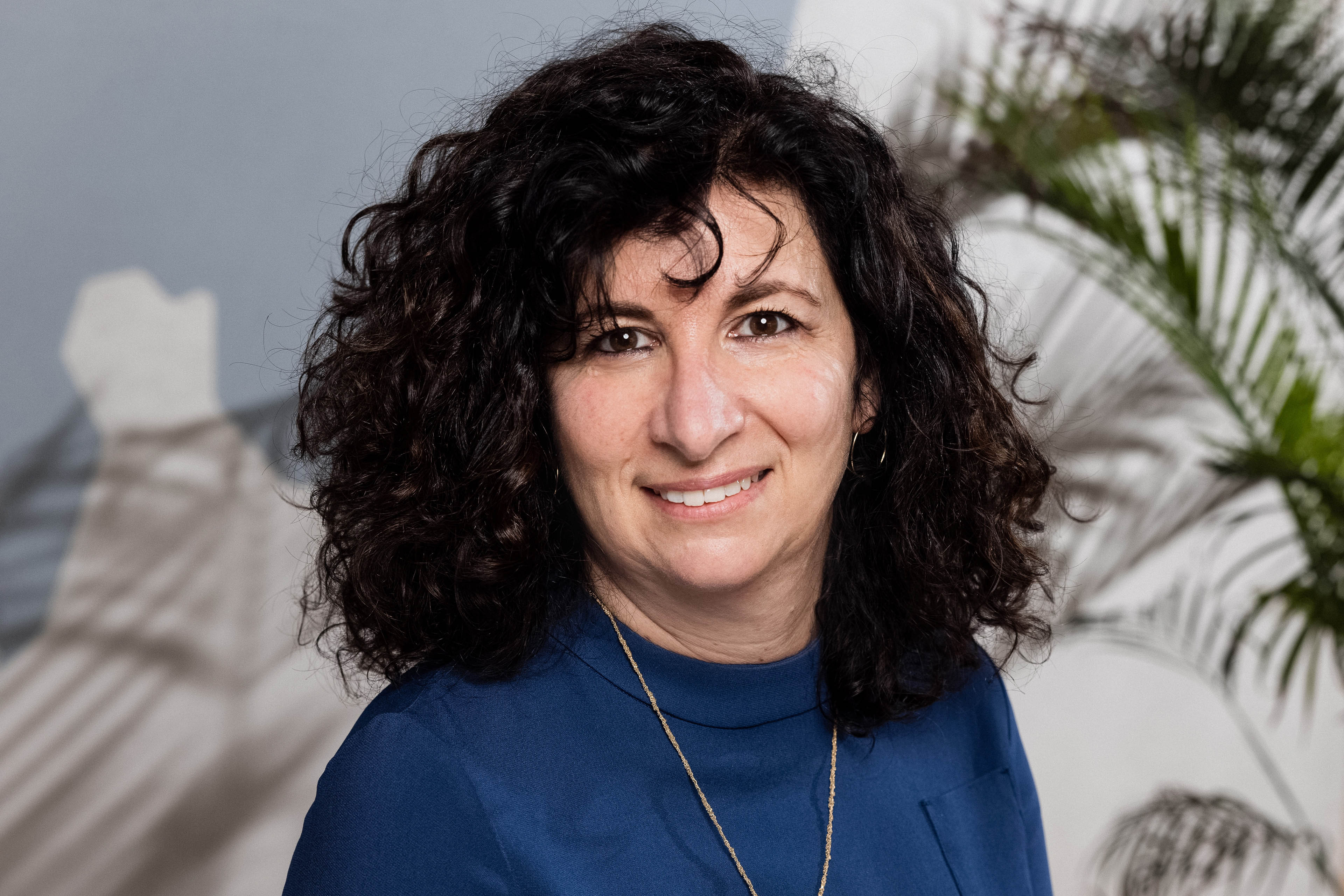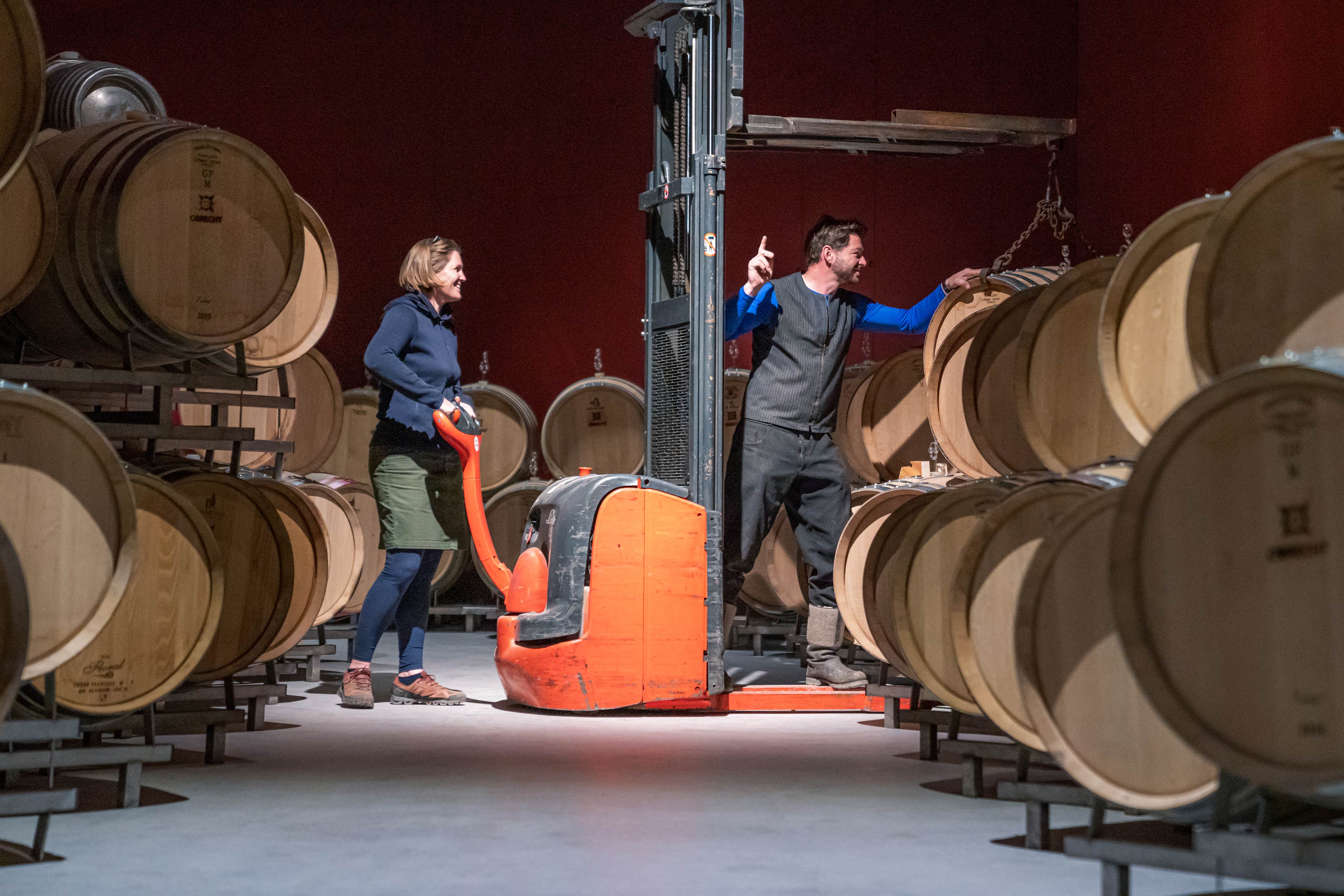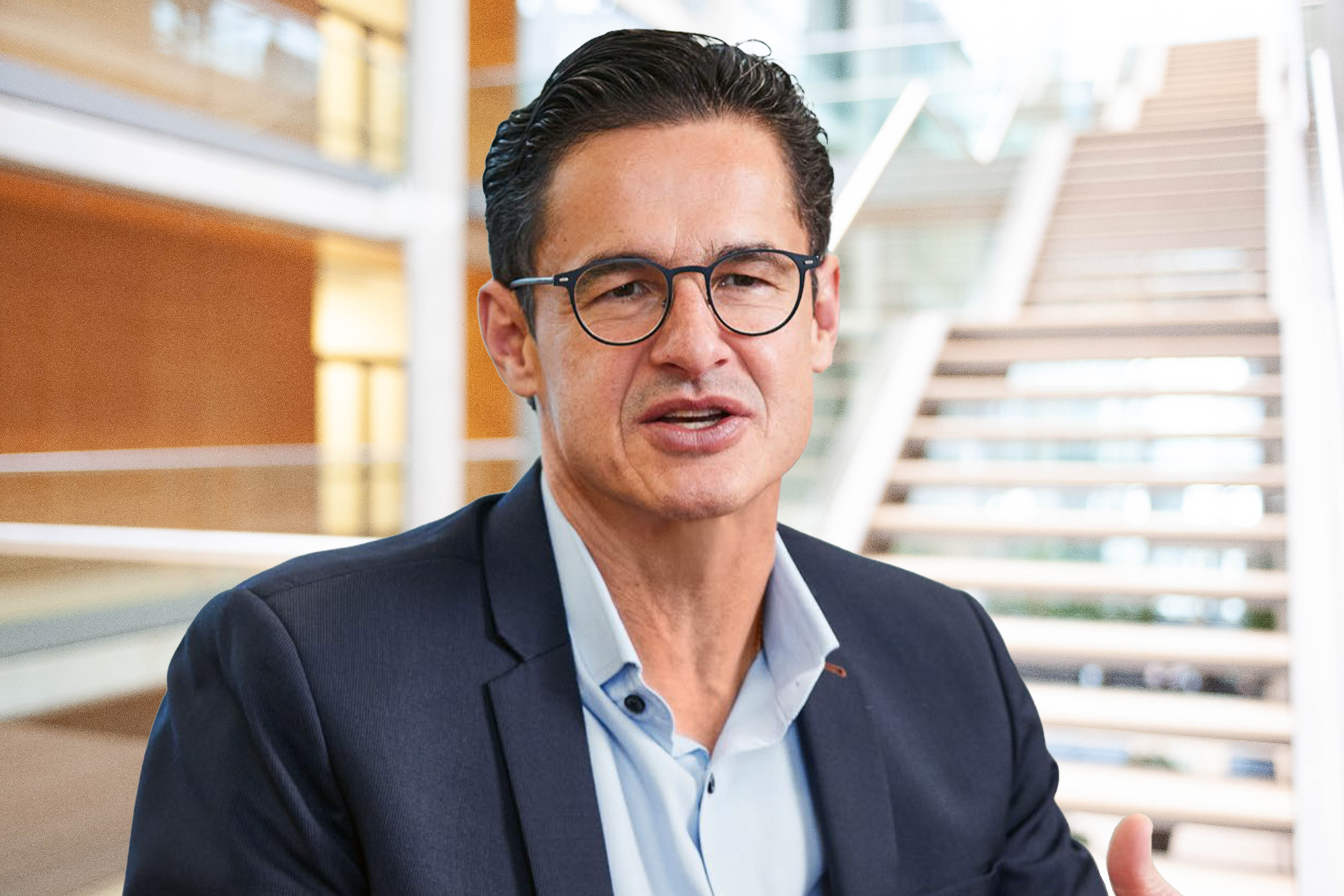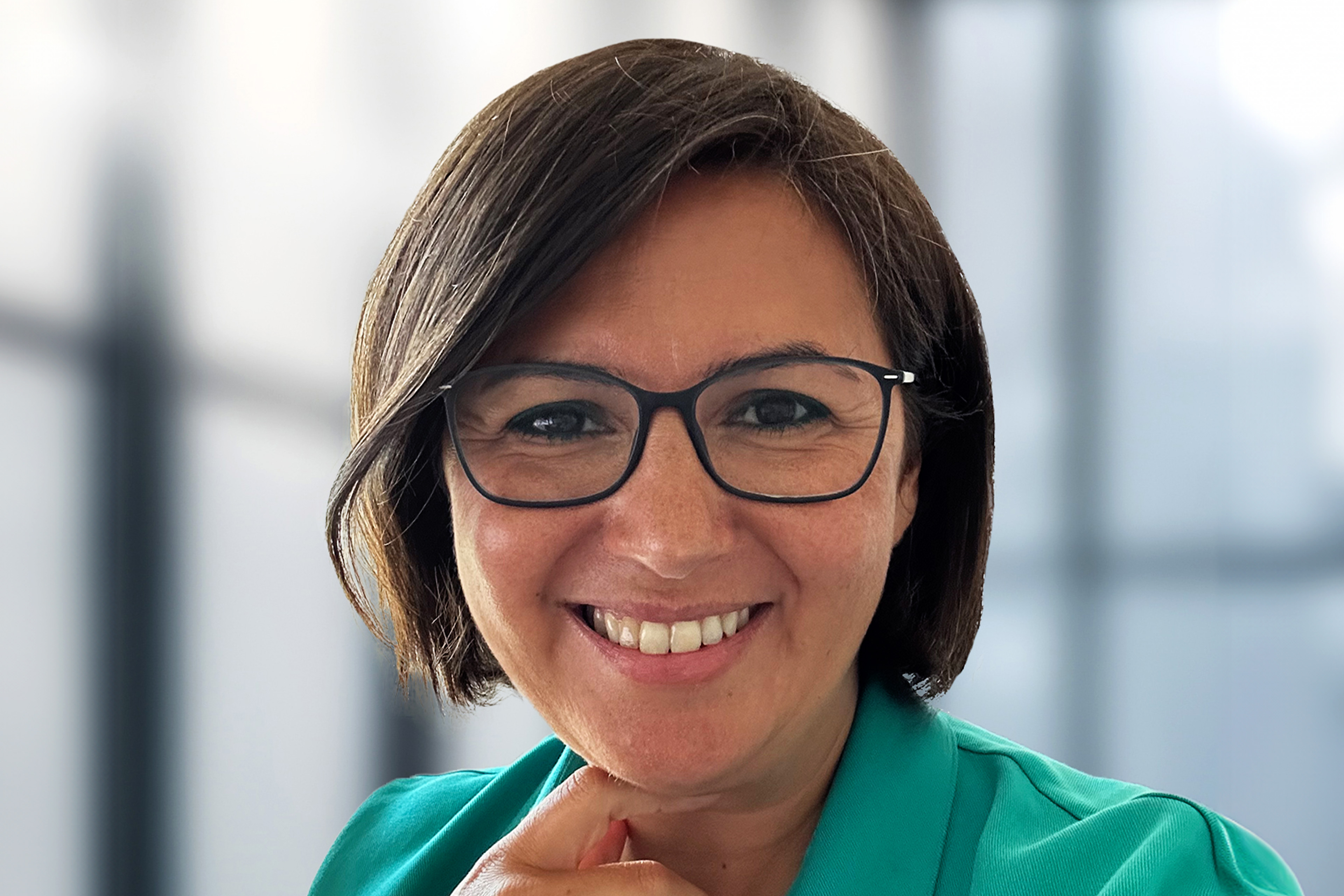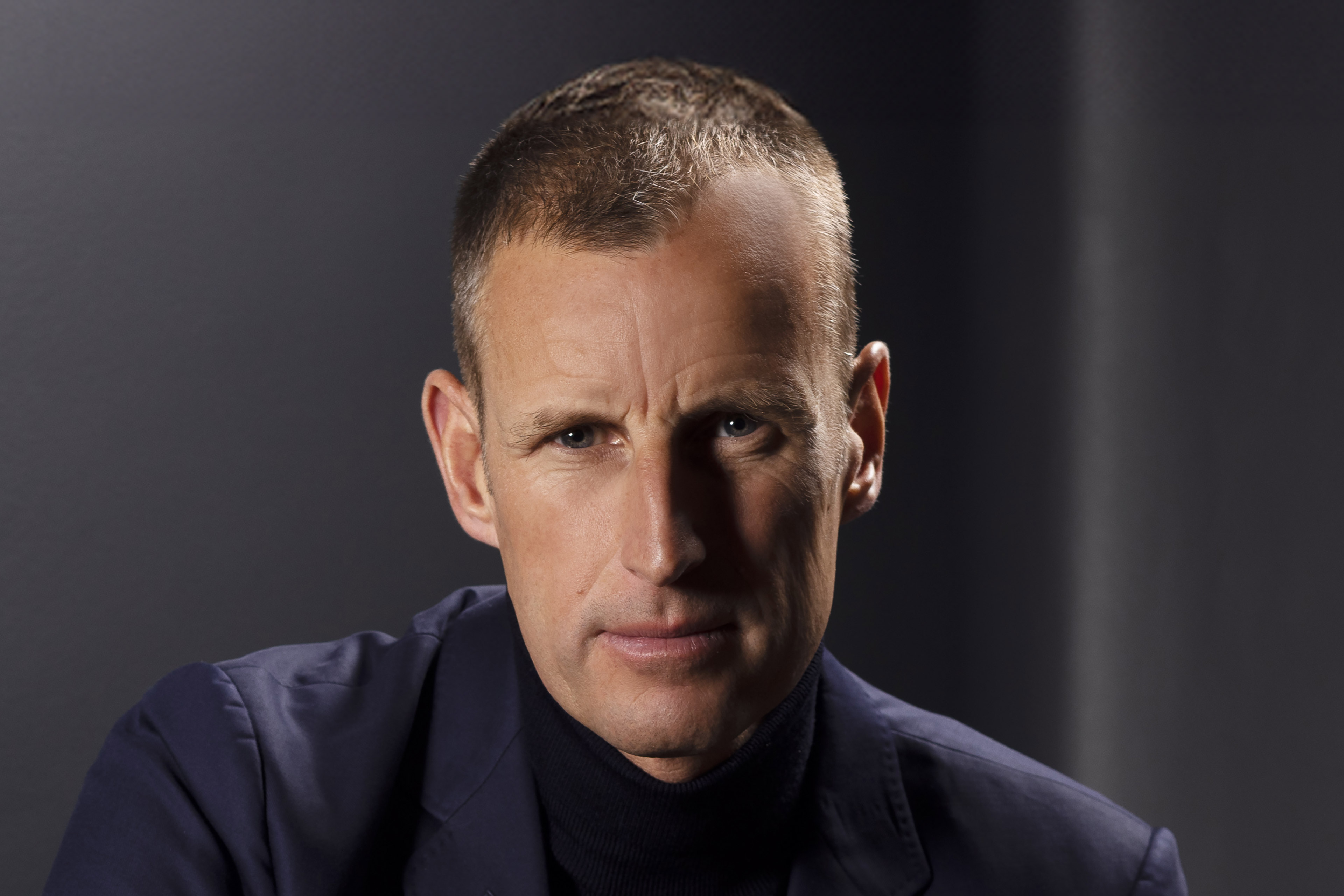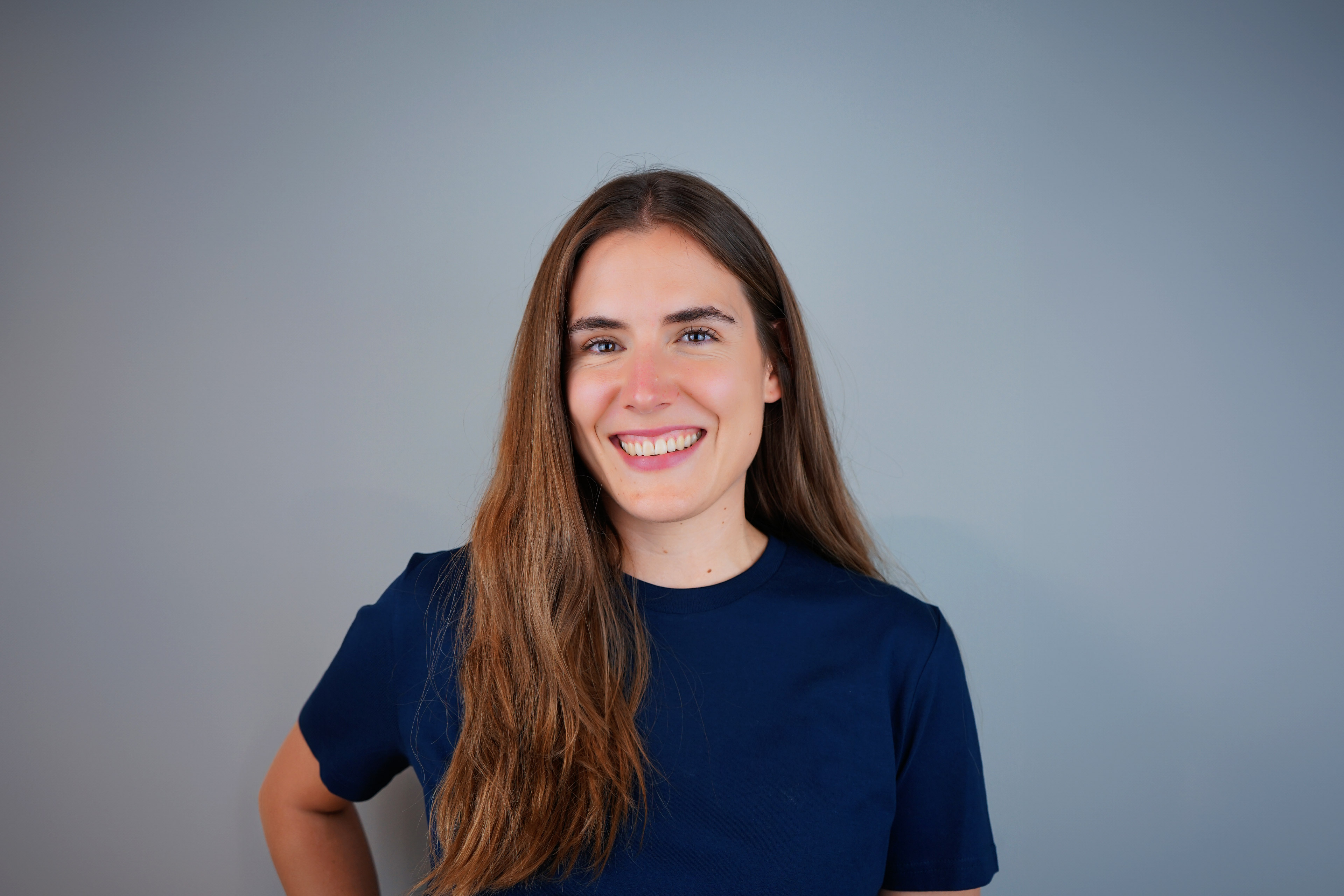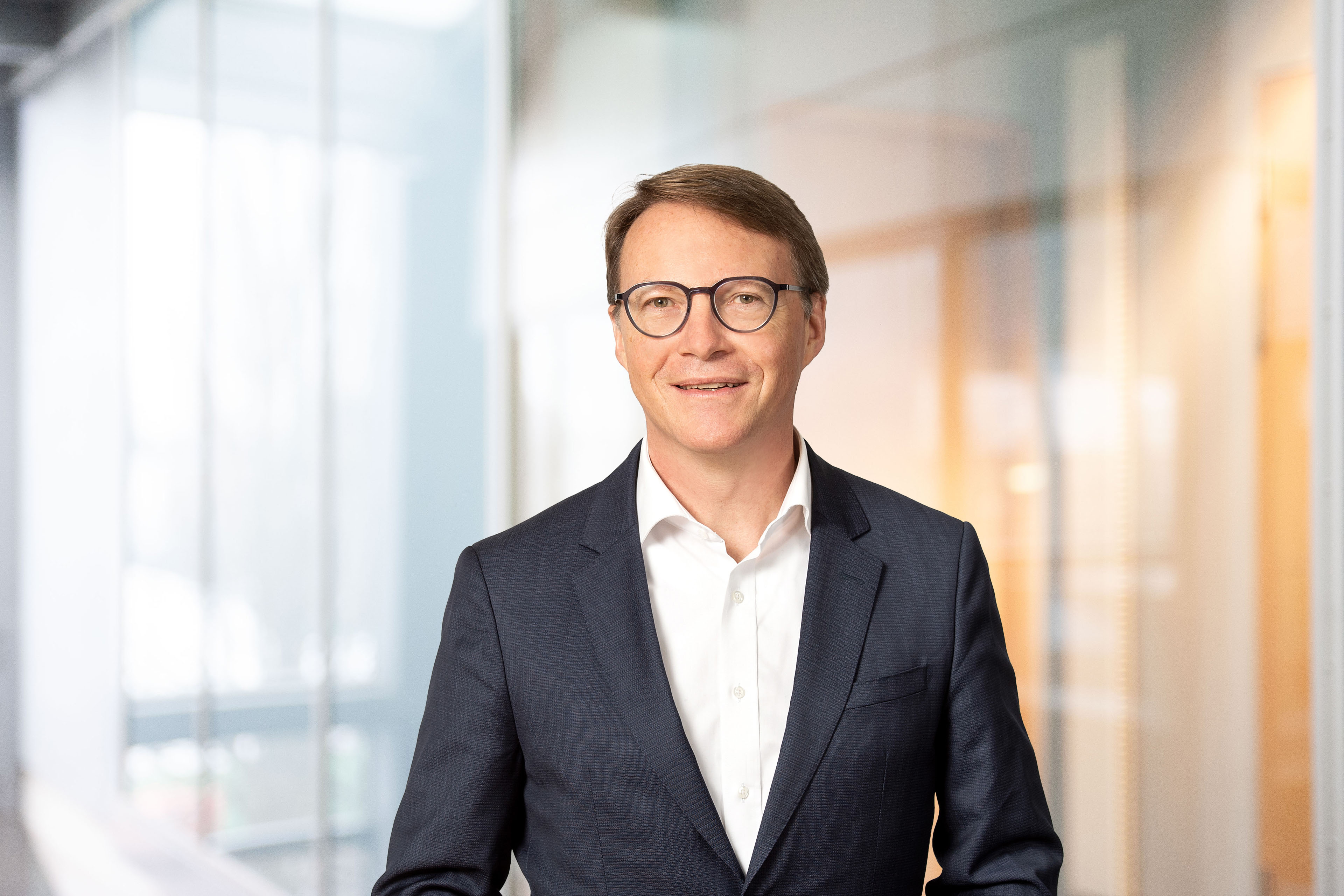EY refers to the global organization, and may refer to one or more, of the member firms of Ernst & Young Limited, each of which is a separate legal entity. Ernst & Young Limited is a Swiss company with registered seats in Switzerland providing services to clients in Switzerland.
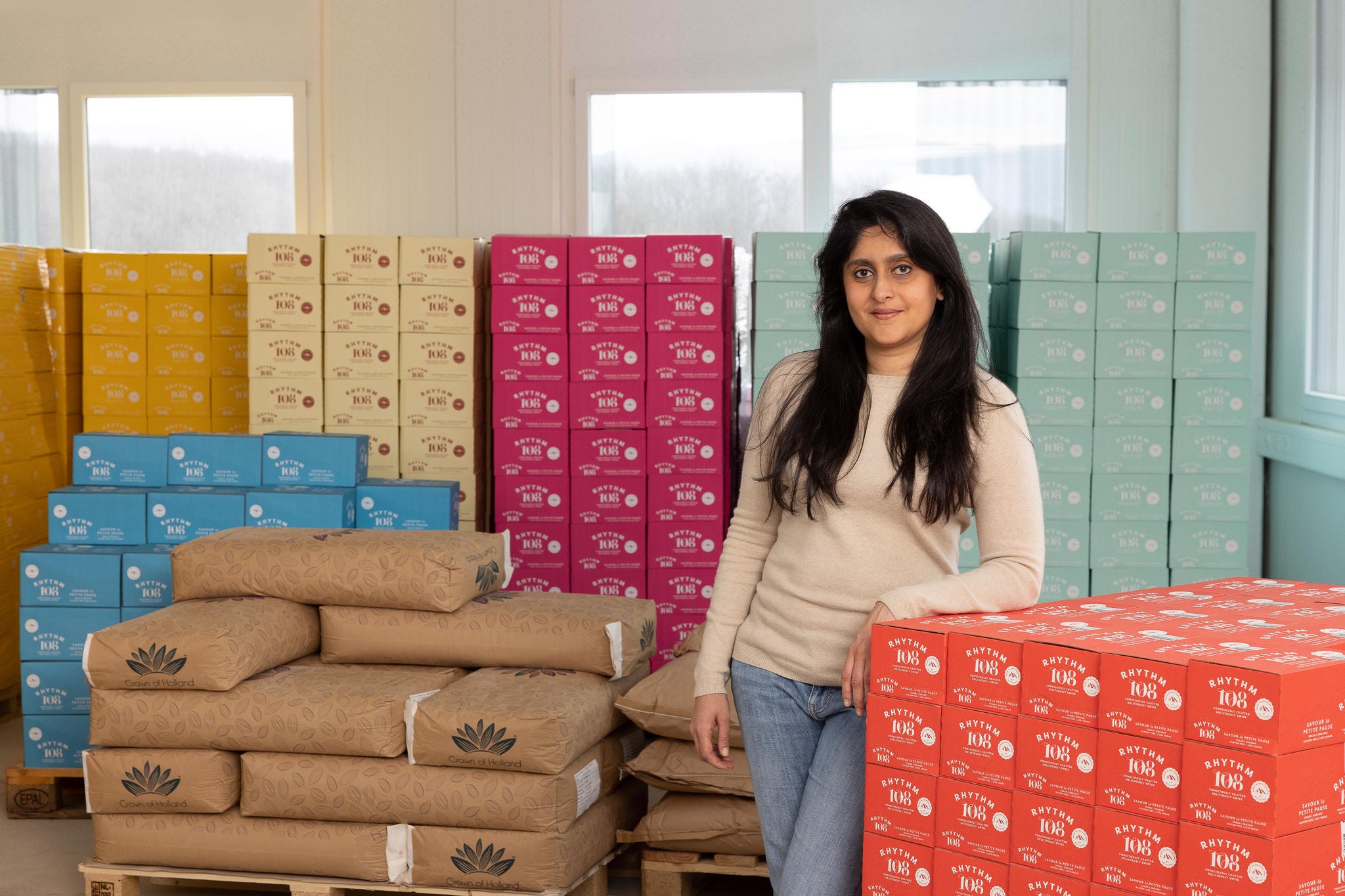
“Let’s take what Switzerland is known for – and let’s take it into the future.
Siddhi Mehta, founder and CEO of Rhythm 108
Siddhi Mehta is the founder and CEO of Rhythm 108. She studied Engineering Science at Oxford University before embarking on a career in consulting. Having lived in multiple countries, she settled in Switzerland about ten years ago. Her love for Swiss craftsmanship and commitment to sustainability and ethics inspired her to set up Rhythm 108. The company produces vegan treats that are meticulously handcrafted by world-class chocolatiers and pâtissiers.
Siddhi Mehta, founder and CEO of Rhythm 108, talked to us about sustainability, craftmanship – and how her company combines heritage and innovation to take the Swiss chocolate tradition into the future.
What inspired you to start a company in general and Rhythm 108 in particular?
My entrepreneurial journey has been strongly motivated by the desire to make a significant impact. I wanted to build a company that’s not just about profit but also benefits the planet and community. That’s what inspired me ten years ago to take the leap from consulting to starting a company with purpose.
It was around then that people started talking seriously about sustainability and also the ethics behind the food system. It was also the same time that I moved to Switzerland and fell in love with the community of artisans and chocolate makers with their incredibly high standard of expertise and savoir-faire. I said: “Let’s take what Switzerland is renowned for – that globally adored creamy, milky Swiss chocolate – and let’s take it into the future.” I wanted to redefine chocolate using ethical ingredients and a new method that preserves its creaminess without negatively affecting the planet and animals.
In Switzerland, we’re very proud of our heritage and we’re not afraid to take it with us as we innovate for the future.
You mentioned your admiration for Swiss artisans. Would you say this is something typically Swiss? How would you describe the “Swissness” of Rhythm 108?
Indeed, craftsmanship plays a significant role in Swiss culture. Switzerland is known internationally for perfectionism and high quality, and I think that’s really the attributes that we aim to capture at Rhythm 108. Eighty percent of our business is in exports, and the Swiss-made label on all our packaging assures our customers that they have purchased a high-quality product made with Swiss craftsmanship.
Otherwise, I would say there are three Swiss factors that we embody as a brand. The first is pioneering: Switzerland is a leader in so many fields, not just chocolate, and I think as a country we’re always looking to do better and more. The second thing is heritage. In Switzerland, we’re very proud of our heritage and we’re not afraid to take it with us as we innovate for the future. The third quality is sustainability. Compared to many other countries, Switzerland is a pioneer in the field of sustainability and I think the community here in Switzerland is very much at the forefront of bringing sustainability to the world.
We were one of the first companies to focus on purely vegan products for everyone – not just those following a vegan diet.
Can you tell us more about the sustainability ethos and practices at Rhythm 108?
For us, sustainability, environmental protection, and ethics have always been a part of our DNA. These were the main drivers behind my motivation to start the company.
From the very beginning, we have always looked at sourcing organic ingredients from farmers who are dedicated to taking care of the land. Organic farms use 30% to 50% less fertilizers, herbicides, and pesticides, which in turn reduces the use of fossil fuels.
Every step of the way we’ve tried to pioneer concepts before they became trendy. Although the high growth in the sector may have tapered down, I think veganism will continue to grow – albeit more slowly – because the ethical side of farming is, in my opinion, just as important as the environmental aspect. We were one of the first companies to focus on purely vegan products for everyone – not just those following a vegan diet.
Another very good example of our sustainable and pioneering approach is that we were one of the first companies to use plastic-free packaging in the food industry back in 2016. The technology had only just been developed and commercialized and we worked with a supplier to specifically design packaging that had the right properties to ensure the lasting freshness of our cookies. Today, everybody’s discussing plastic, and we’re genuinely proud that most of our range comes in plastic-free, home-compostable materials.
What has your experience been of the transition from startup to established company? Has Switzerland been a supportive environment for you as a startup?
The journey from a one-woman show to an established company has always consistently presented challenges, but we’ve also experienced numerous highs. For us, it was definitely a step-by-step process. We went from two to three people in the first year to almost 15 today. One of the first highlights was securing our first retail listing and scaling up production to larger batches. However, there are also moments when you find yourself in production, at two in the morning, and everything seems to go wrong. It’s a journey filled with ups and downs, but that is what makes life interesting, and that’s why entrepreneurs do it.
Personally, I have found Switzerland to be very entrepreneur-friendly: it has excellent infrastructure, talent, and universities. The startup ecosystem has also come a long way. When I first embarked on the entrepreneurial journey, it was just in the early stages developing. Nowadays, there are numerous incubators, government organizations, financing institutions, and investors. It’s really positive for the ecosystem.
AI won’t replace us but it will help us become a better business and let people focus on other more valuable tasks.
Something else that’s developed a lot in the last ten years is technology – especially AI. What does this mean for Rhythm 108?
The chocolate experience can’t be replaced by AI! But it definitely has an impact on our business. We’ve already began integrating AI in smaller capacities. For instance, we connected our accounting system to an AI-powered data analytics tool for quicker reports. As we scale up, the integration of AI will become even more fundamental.
AI will make the business more efficient – from how we use production data to how we organize production itself. It’s about combining people and technology. AI won’t replace us, but it will enhance our business and let people concentrate on more valuable tasks. This raises an interesting point: AI has the potential to challenge the traditional corporate idea that more time equals more output. With technology like AI, this assumption isn’t necessarily true. This shift not only benefits the business but also empowers individuals to integrate work, leisure, and other commitments, like parenting, more effectively.
At times, your family will have priority, and at other times, your business will. It’s important to assess yourself on a monthly, rather than a daily basis.
What other tips have you found helpful in maintaining a healthy work-life balance?
For an entrepreneur, the first thing is to have a different mindset on work-life blend. The word blend, rather than balance, is more appropriate. It’s really about how to prioritize; at times, your family will have priority, and at other times, your business will. It’s important to assess yourself on a monthly, rather than a daily basis.
I think the benefit of being an entrepreneur is that you can set your own schedule and rules. All non-production employees at our company enjoy flexible hours and the option to work from home. As long as the work gets done, it doesn’t matter how many hours go into it. It’s the result that counts. You need to set solid KPIs and timelines and encourage your team to work towards those in their own unique ways.
Featured articles and interviews
Sebastian Tobler, Co-founder and CEO of GBY SA
Sebastian Tobler is co-founder and CEO of GBY SA, which has developed a new approach for the rehabilitation of people with reduced mobility. An automotive engineer by training and trade, Sebastian Tobler’s life took a new direction when a bike accident left him paralysed. Alongside his entrepreneurial activities, he heads the SCI-Mobility Lab as Professor at the Bern University of Applied Sciences.
Originally from Naples where she grew up and studied physics, Luciana Vaccaro moved to Switzerland in 1996 to complete a PhD in microengineering at EPFL. She held various positions in research and education at the universities of Neuchâtel and Lausanne before heading the Grant Office at EPFL. In 2013 she took the reins of HES-SO as rector. Last October, Luciana Vaccaro was elected president of the umbrella organization swissuniversities and started in her new position on 1 February.
Francisca Obrecht, Weingut Obrecht
Peter Rupp grew up in Sargans, Switzerland, around 20km south of the Hilti headquarters in Liechtenstein. He studied Economics in St. Gallen, then took a post-graduate degree in Engineering in Winterthur.
Peter Rupp grew up in Sargans, Switzerland, around 20km south of the Hilti headquarters in Liechtenstein. He studied Economics in St. Gallen, then took a post-graduate degree in Engineering in Winterthur.
Serra Bicak is Senior Vice President Reckitt Africa Middle East at Reckitt Hygiene. She has lived and worked in eight different countries for various roles during her career in fast-moving consumer goods. Serra Bicak is passionate about diversity, equity and inclusion (DE&I) and leads Reckitt Hygiene’s gender balance program.
Patrick Pruniaux, Chairman & CEO of Sowind Group
Patrick Pruniaux has a background in business administration and began his career in the watch industry at TAG Heuer. Always fascinated by innovation, he joined Apple in 2014 and oversaw the launch of the Apple Watch. Following a move to Kering in 2017, he managed the Ulysse Nardin and Girard-Perregaux watch brands. In 2022, Patrick Pruniaux spearheaded the historic management buyout and now serves as CEO of these two brands within Sowind Group.
Judith Häberli, CGO and co-founder of Urban Connect as well as EY Entrepreneur Of The Year™ 2023 Switzerland winner in the category "Emerging Entrepreneur", shares her motivation for starting a corporate mobility platform and explains why real change only happens when companies work together.
Thomas Fürer has served ABB for 22 years, including 14 years in his current role as Group Head of Tax. A Certified Swiss Fiduciary Expert and Certified Swiss Tax Expert, he takes a keen interest in technology and digitalization in the tax function and beyond.



